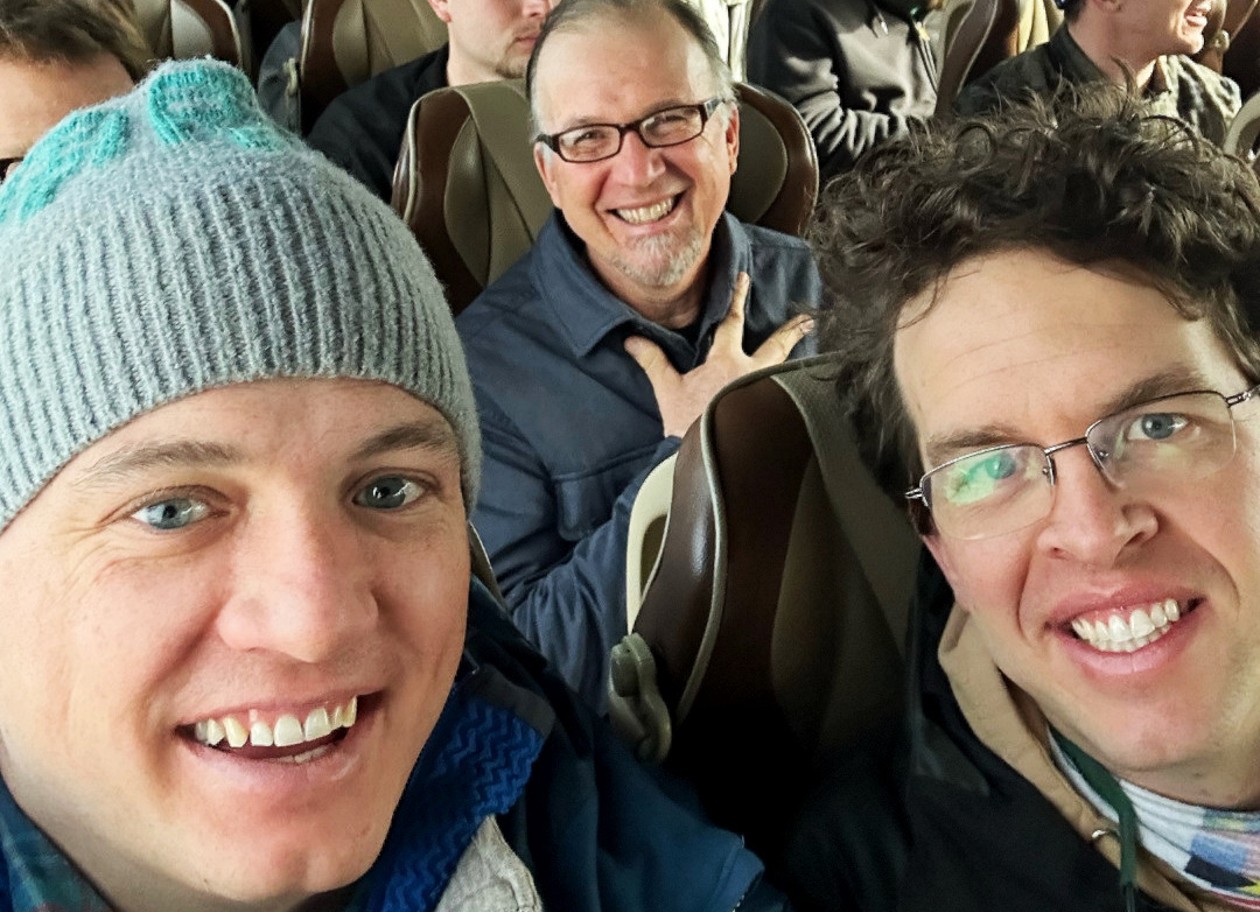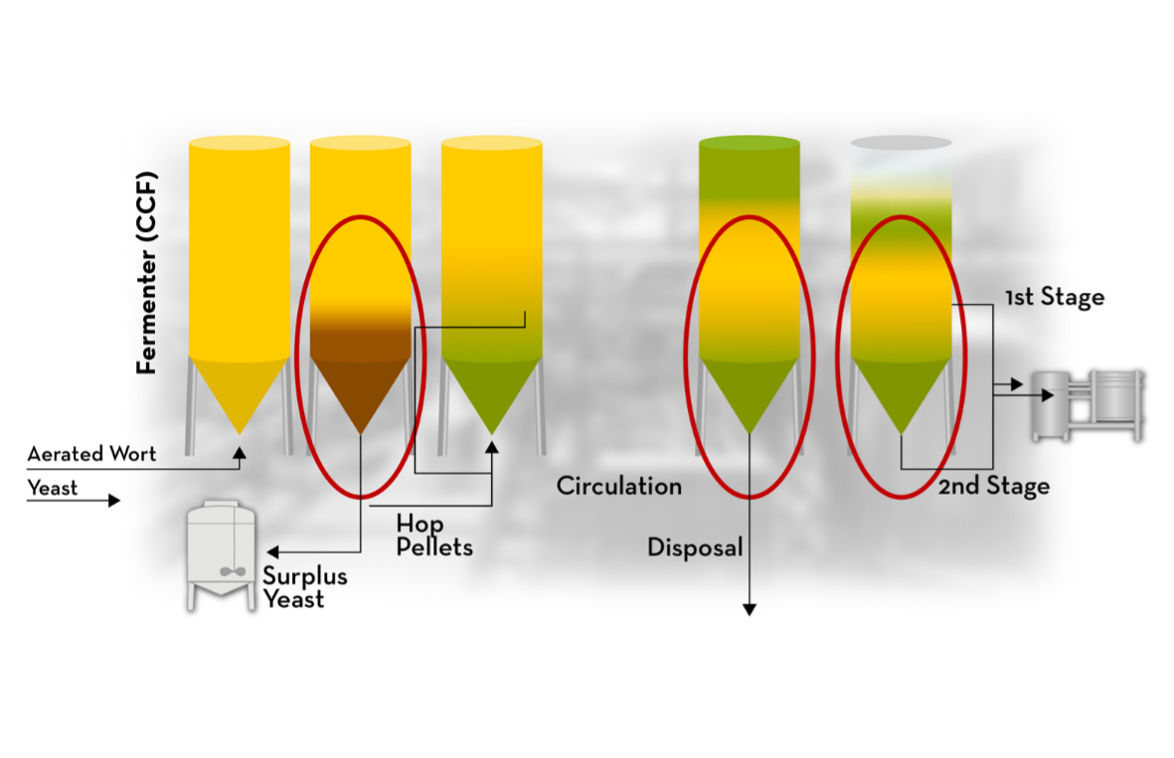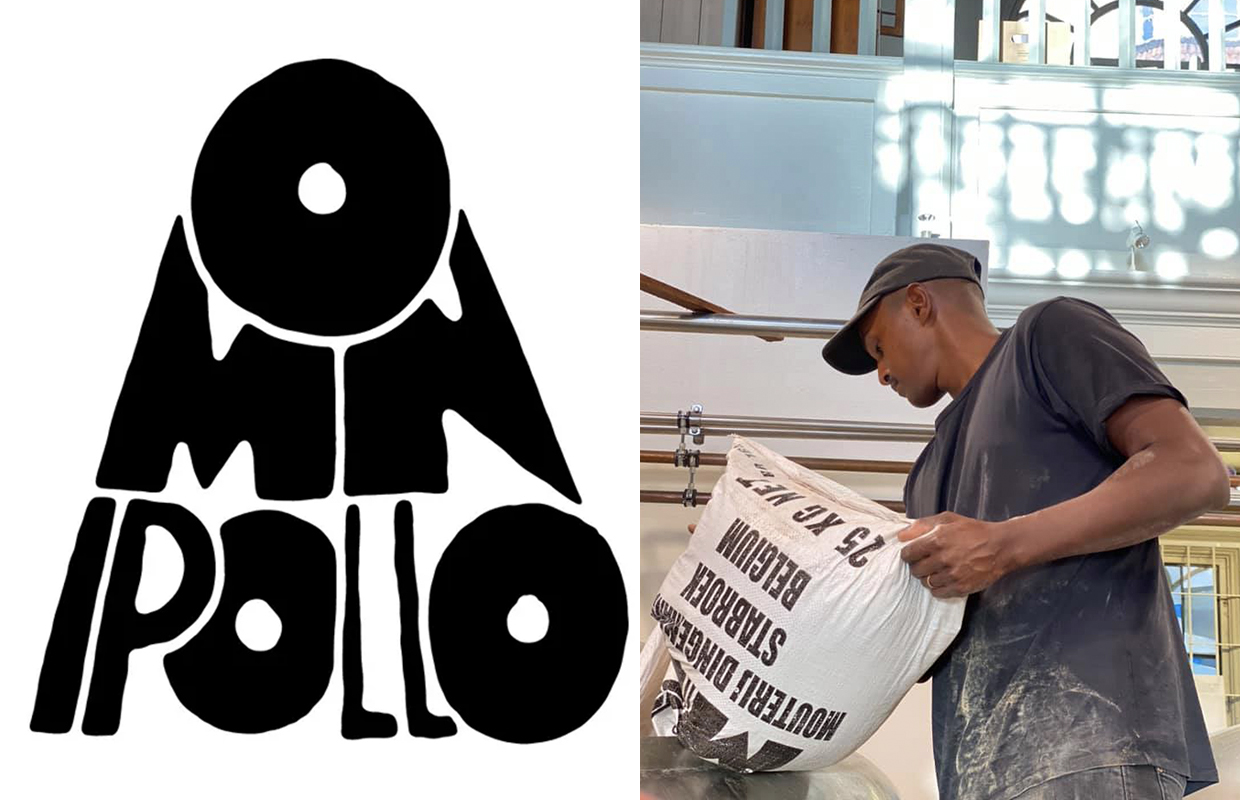
John Dufresne is still in the buildout process for his Waldschänke Ciders, but he was kind enough to share his challenges that the future Colorado cidery has gone through during this start-up phase.
Saying that this business is 15 years in the making, Dufresne said that seeing craft beverages advance in growth like it has, the timing is right for his cidery to get going.
Building a business plan initially took them down a grandiose path. This included buying a piece of property and putting a steel building on it.
“As we dove into the project and its true complexities we realized we had to get real,” he said. “Although we thought we had great business plan, banks were not giving out loans to business owners with limited industry experience and [were] unemployed.”
Now bootstrapping their project from life savings, Waldschänke has set their sights on realistic goals.
The business plan is now focused on renting a facility with a warehouse as their initial solution. The plan is to include production space, along with a taproom and small kitchen.
“Once our production meets our taproom needs we would move into self or third-party distribution as this is an option for Colorado,” Dufresne said.
The next step for the hopefully cidery was to engage a commercial real estate agent and start a property search.
”This is a critical step as nothing can move forward without a business address,” Dufresne said.”
A tough situation has happened in Colorado with the legalization of marijuana, as now warehouse space costs are going skyhigh.
”Potential landlords weren’t giving TI [tenant improvements] monies and it was difficult to come to an equitable lease solution,” Dufresne said. ”We had multiple failed negotiations, some lasting months.”
With limited availability the group opened up their search to include retail spaces. As Dufresne engaged with different property owners — and depending on the property size and features — they would modify the business plan.
Depending on the structure, they bounced between a Limited Winery (no food) or Vintner’s Restaurant (food) license.
”Business plans are dynamic and not static,” Dufresne said. ”This is driven not only by internal company needs but external influences.”
It took them a full year to get a signed lease.
”[We] stuck to advice we received early on from industry friends and our realtor not to get desperate and settle on something that doesn’t fit our vision,” he said.” This sounds a little cliché but you must be willing to walk away.”
Waldschänke now has its facility in a gentrifying neighborhood-enterprise zone (which includes a tax benefit), next to a train station and a new condo construction on an adjacent block.
”The Denver Sunny Side (SUNI) location is perfect for us to grow with the community,” Dufresne said.
With the property in hand they started addressing their next challenges: contractors, equipment, the state, the TTB and the city of Denver.
They started by ordering the production equipment because of the 3-4 months it would take to manufacture the parts needed.
Simultaneously, using a lawyer they filed our applications to the TTB and State liquor basing our timing with prior industry applicants (6-8 months). Next on the list was State and City Sales and Occupational licensing.
“Because of the building boom in Denver we found most of our delays engaging the architect and contractors to submit our change of use and construction permits,” Dufresne said.
He added they have been told that once submitted it could take up to two months to get approvals from the city.
A Facebook post by the cidery indicates that by late November they should be open.
“If there was one thing I would have done differently it would be ordering the minimum required production equipment and reducing the buildout scope to support minimum requirements,” Dufresne said. “Because of city buildout requirements we’ve run into about a 50 percent budget overrun.”






Be the first to comment